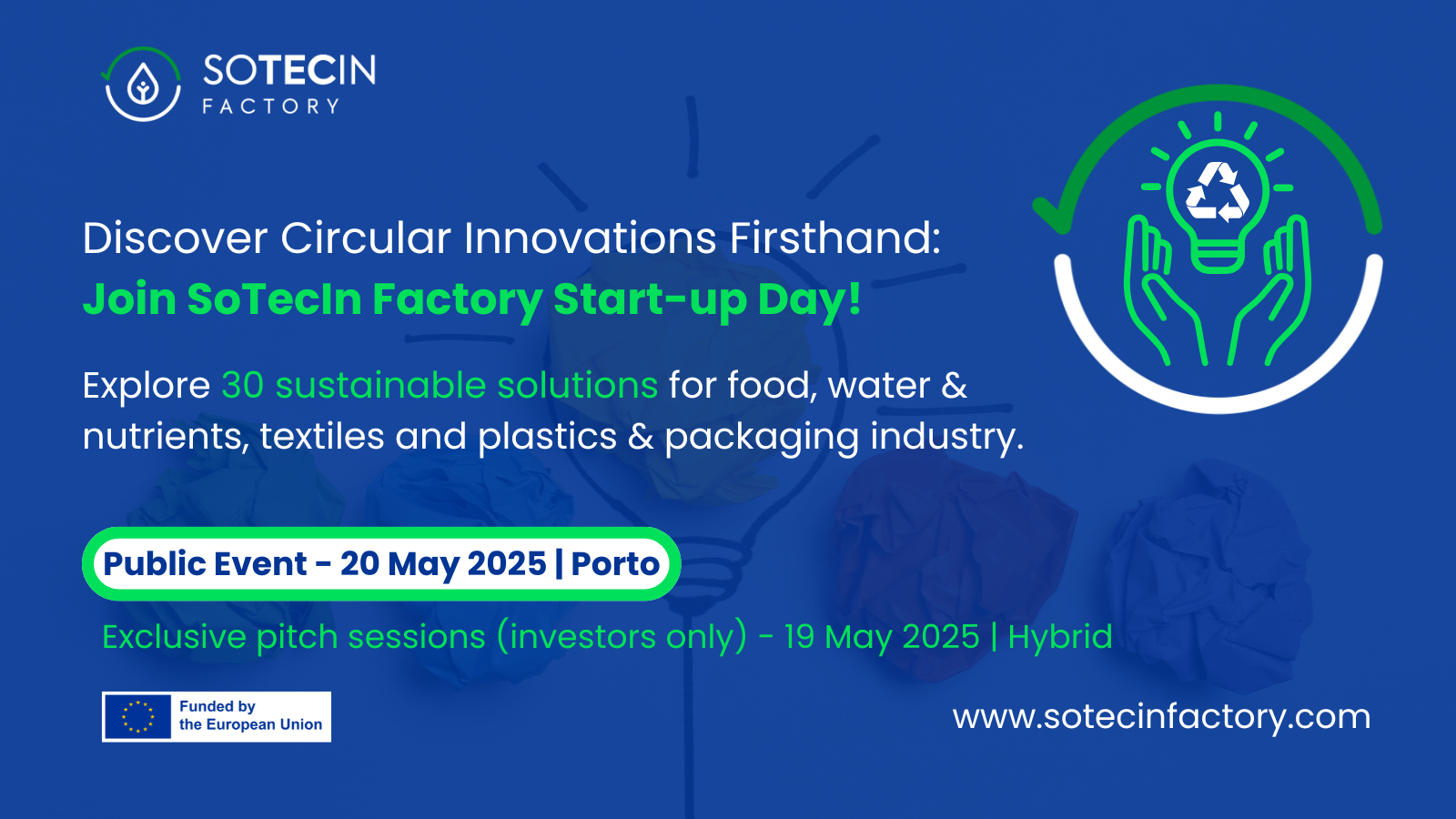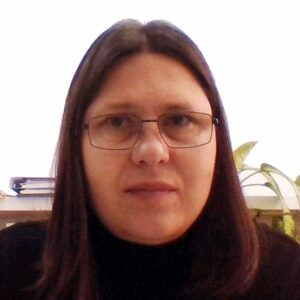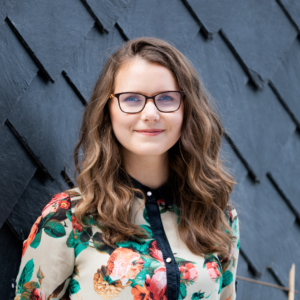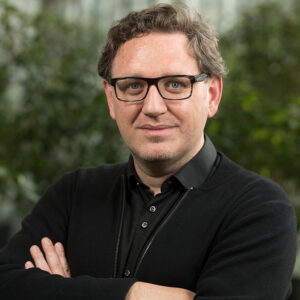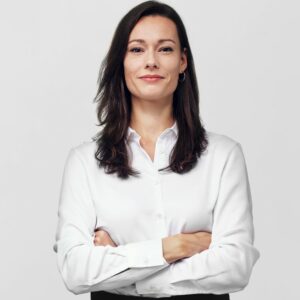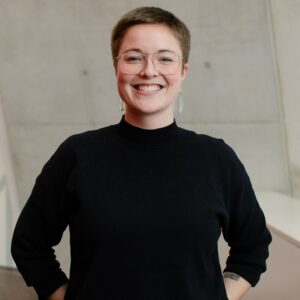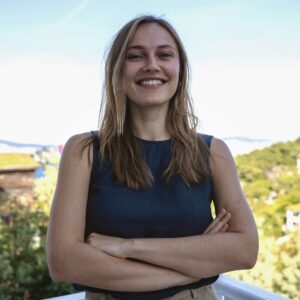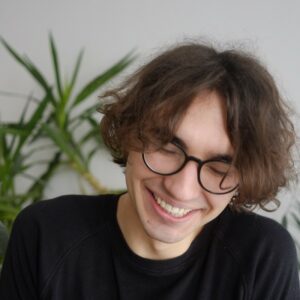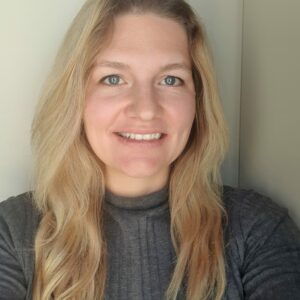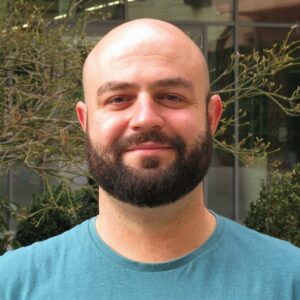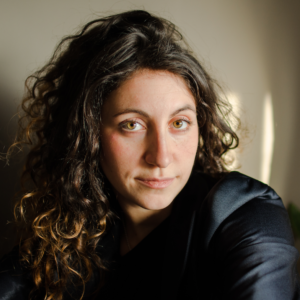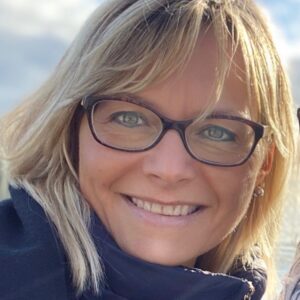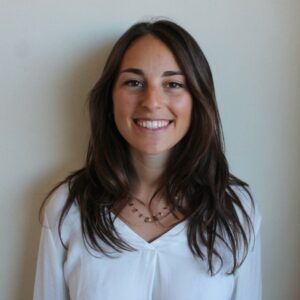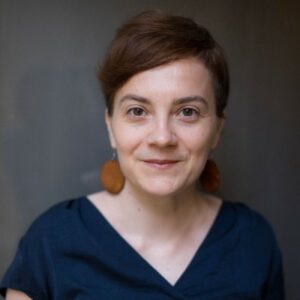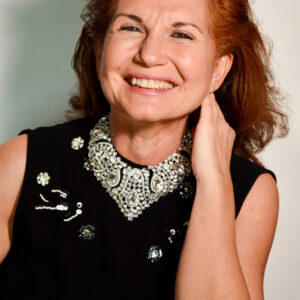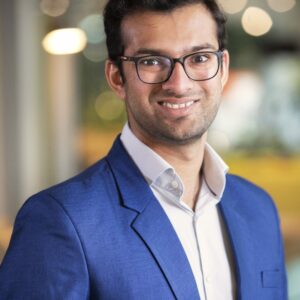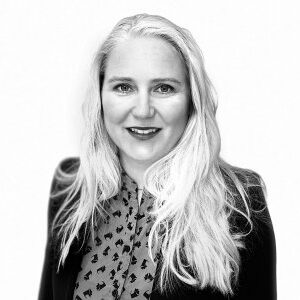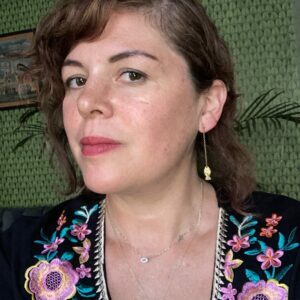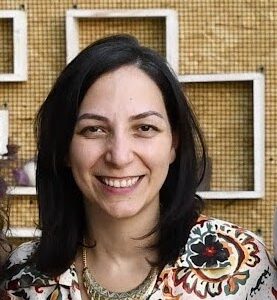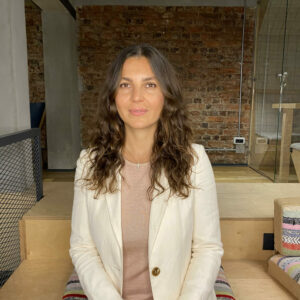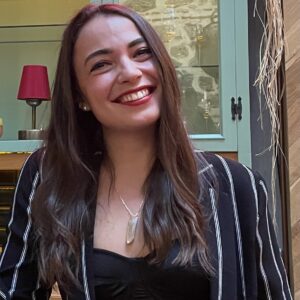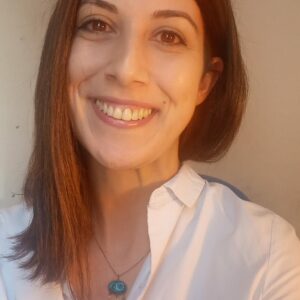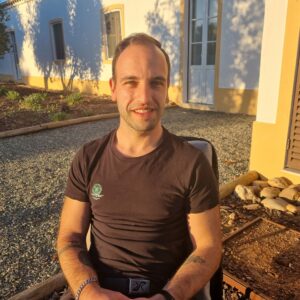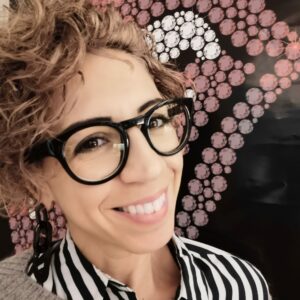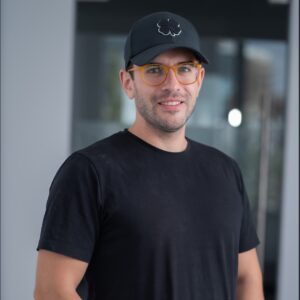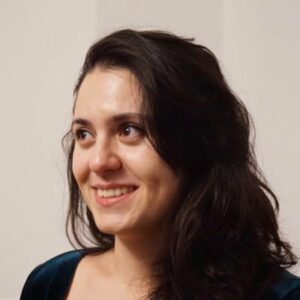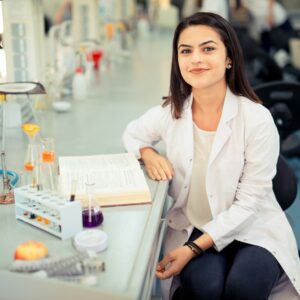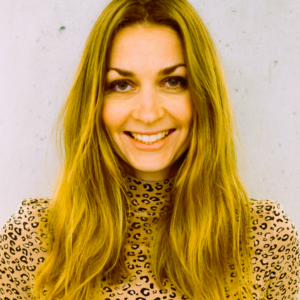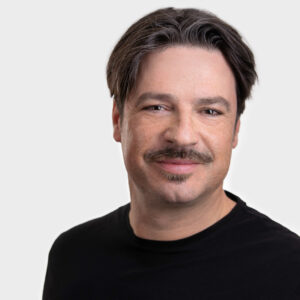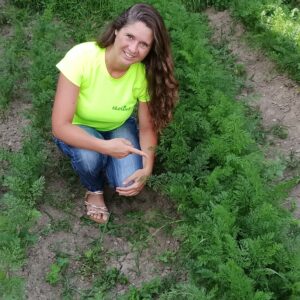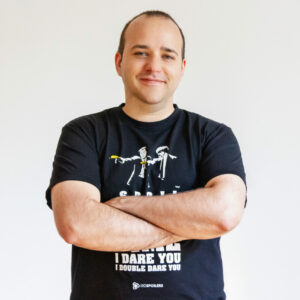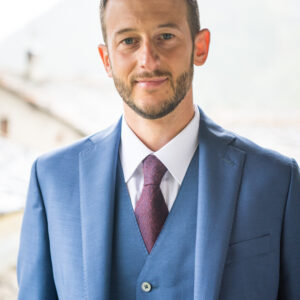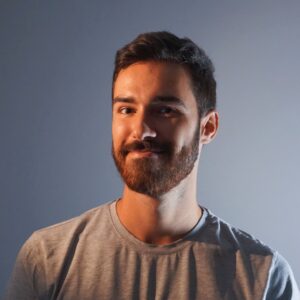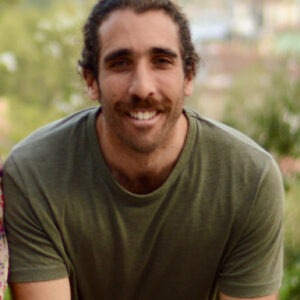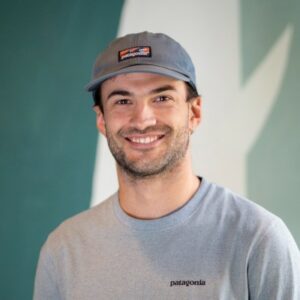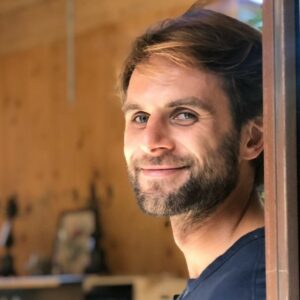A dynamic problem solver with a penchant for critical thinking, I specialize in interim executive roles, business strategy, and mentoring for tech start-ups. Armed with a Computer Science degree and 13+ years of software development expertise, I am passionate about start-up business development and sales.
My accomplishments include co-founding several thriving businesses, investing in and advising four start-ups, and serving as a City Councilor in Cluj-Napoca, the 2nd largest city in Romania.
Fluent in English and French, with a working knowledge of Italian and Spanish, I am an avid reader, gym enthusiast, and data-driven optimist.
I pride myself on my robust professional network, and my ability to define my identity and life goals. My hands-on, results-oriented consultancy approach is driven by my love for finding solutions and implementing effective systems. As a co-founder of KIDPRENOR, I am dedicated to fostering entrepreneurial mindsets in children aged 6 to 18.
Embodying the mantra “Keep calm and smile,” I view challenges as opportunities for exponential growth, guided by Ray Dalio’s formula: “Pain + Reflection = Progress.” Through resilience and continuous learning, I strive to make a lasting impact in the start-up ecosystem.

